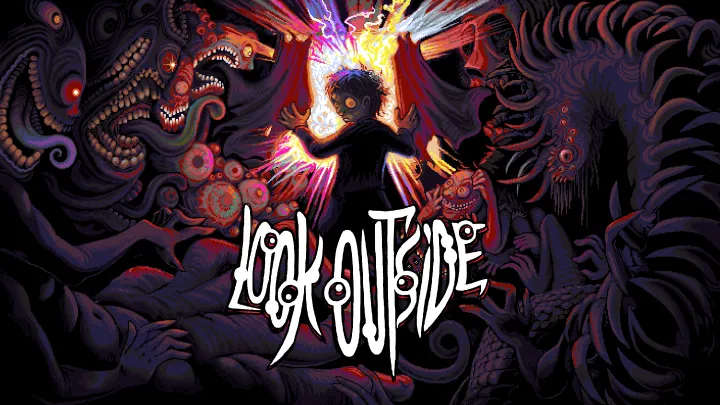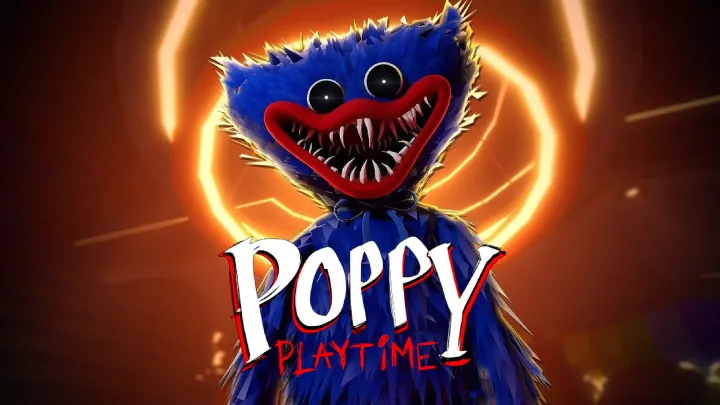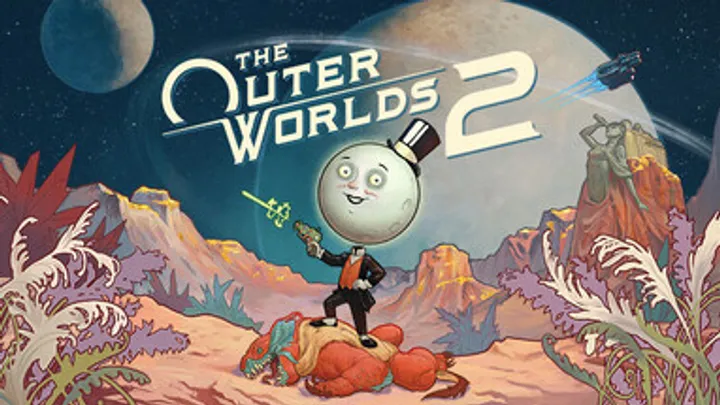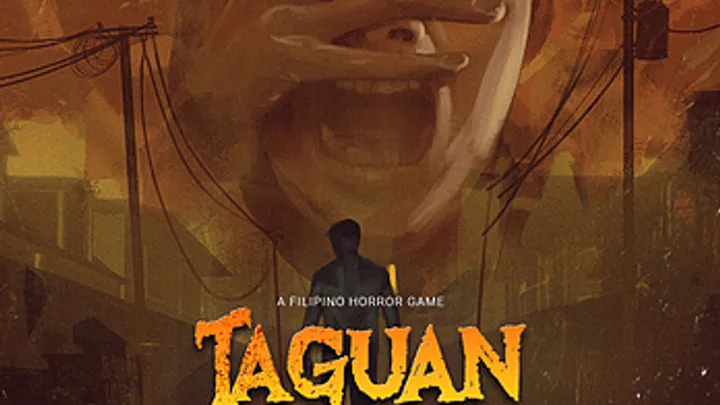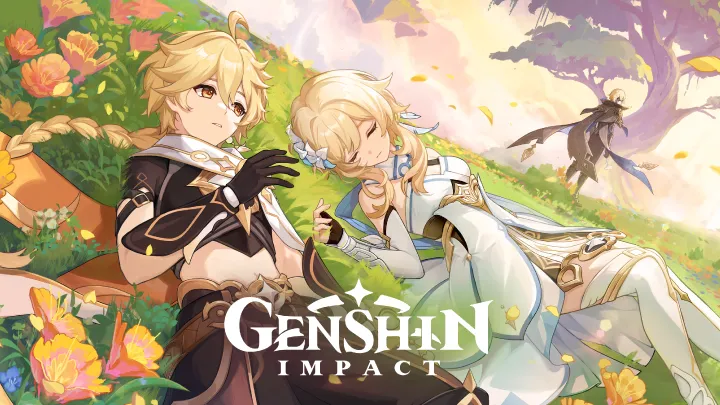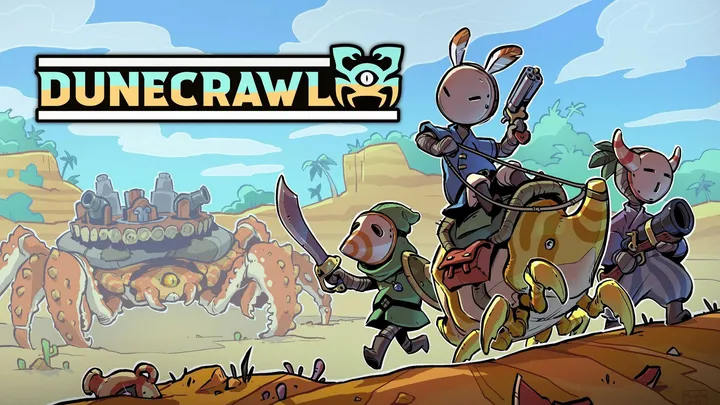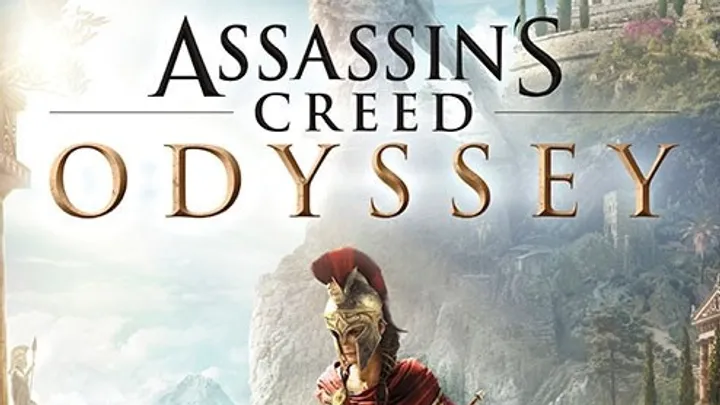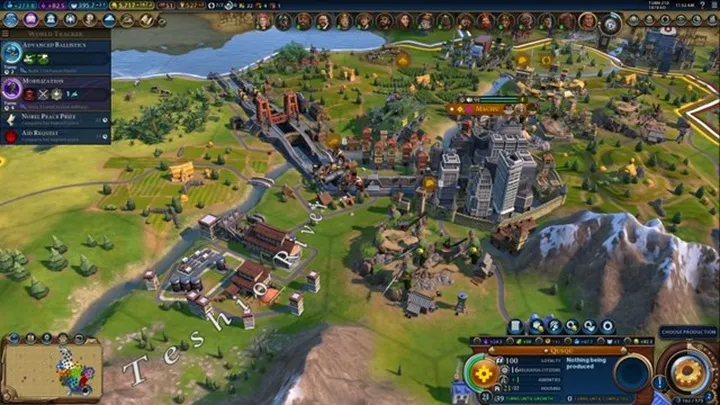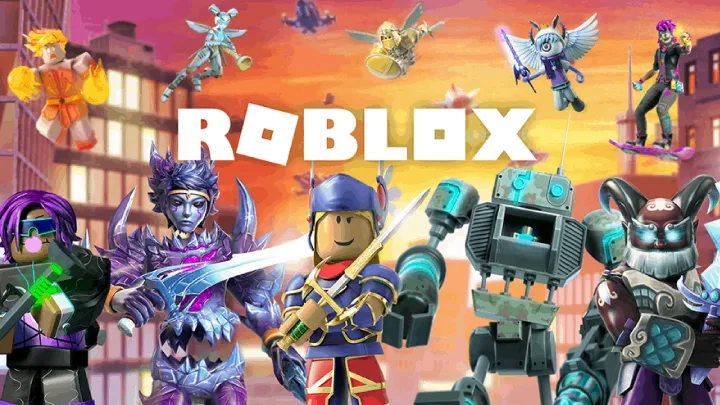Introduction
Poppy Playtime isn't your average horror game. While it may seem like a straightforward tale of survival in a haunted toy factory, it's a profound, if terrifying, exploration of corporate excess and the remnants of a world obsessed with consumerism. The game's brilliance lies in its ability to take a terrifying setting and infuse it with the ghosts of a failed business, forcing players to confront a nightmare built on empty promises and abandoned luxuries. This review will delve into how the game's atmosphere and design metaphorically integrate a vast array of real-world industries and services, from Investment Services to Home Security, creating an experience that is both a thrilling escape and a sobering critique.
The Anatomy of a Failed Enterprise
The abandoned Playtime Co. factory is a monument to a business that spiraled out of control. It’s a literal and figurative shell of a company that once thrived on reckless Investment Services and audacious Business Loans. The sheer scale of the derelict building suggests a leadership team that was once confident in its Business Financial Services, possibly even using a mock version of Tax Preparation Services & Software to file its colossal tax returns. The emptiness of the factory floor, a vast, desolate space, feels like a failed Commercial Properties venture. The narrative you piece together is a tragic story of a company that once had a robust Enterprise Software system to manage its logistics, now a silent, inert relic of a bygone era.
Even the most mundane aspects of the factory's past are imbued with this sense of corporate failure. The abandoned office spaces, once bustling with employees, are now just a collection of rusty Office Chairs and forgotten Office Supplies. The factory's security systems, a parody of modern Home Security, are broken and useless, a testament to the company's failed leadership.
Surviving the Ruins: A Perilous Journey
Your journey through the factory is a constant struggle, a battle for survival that metaphorically touches upon every facet of modern life. Your life bar, constantly under threat, is a representation of the lack of a proper Health Insurance policy in this terrifying workplace. The player character's injuries are a form of Personal injury claim waiting to be filed, a Legal nightmare with no clear Attorney in sight. Your struggle is a desperate attempt to survive in a world where you're just a number, a statistic in a company’s tragic history. The relentless pursuit by the monsters, the very "products" of the company's failure, is a terrifying form of Staffing & Recruitment Services gone wrong, as they "recruit" you into their twisted game.
The puzzles and challenges you face require a unique set of skills, a macabre form of Post-Secondary Education in corporate espionage and survival. Each obstacle is a class in a different field, from advanced Test Preparation & Tutoring for a difficult puzzle to a master class in Video Editing & Production Software as you try to make sense of the fragmented security footage. The skills you learn are a morbid Degree in survival, a testament to your resilience in the face of impossible odds.
The Remnants of a World: Technology and Consumerism
The factory is a graveyard of abandoned dreams, a silent monument to a world of consumer excess. The rusting hulks of vehicles that litter the landscape could once have been sleek Luxury Vehicles or a brand-new Mercedes-Benz, but now they are just empty shells. The factory’s transport system, a network of tracks and trolleys, is a twisted version of Bus & Rail Travel, a slow, terrifying journey through a haunted past. The GrabPack, your only tool for survival, is a crude but effective piece of Technology, and the rusty pipes and corroded valves are the ghosts of a once-functional Plumbing Fixtures system. The factory itself, a vast collection of buildings, feels like a deserted city that a Home Inspection Services crew would condemn immediately.
The game’s world is a critique of a society obsessed with appearances. The broken Digital SLRs and unusable Laptops & Notebooks scattered throughout the factory are remnants of a media-driven culture that once captured and celebrated every moment. The eerie silence is a parody of a world that once had bustling Mobile Phone Service Providers and reliable Internet Service Providers. Even the kitchen and break room areas, filled with abandoned Refrigerators and silent Washers & Dryers, are a horrifying reminder of a world that once offered comfort and convenience.
The Ghosts of Luxury: Travel and Possessions
Poppy Playtime is a terrifying anti-travelogue. While players might long for an easy Air Travel ticket to a glamorous Trips to London, UK, or a sunny Trips to Hawaii, they are instead trapped in a terrifying journey with no end in sight. The game’s world is a twisted version of a Trips to Los Angeles, where the promise of Hollywood has been replaced with a horrifying nightmare. The in-game puzzles, which require you to navigate complex machinery, are a constant reminder that the only available Travel is a terrifying descent into the unknown. The factory is a world where a carefree Car Rental trip has been replaced with a desperate, terrifying sprint.
The game also subverts the idea of luxury and wealth. The rotting husks of Residential Properties (For Sale) are a terrifying backdrop to your journey, and the broken toys that litter the floor are a haunting parody of Personalized Gifts. The factory once had a fully-staffed kitchen, complete with a range of Coffee & Espresso Makers and pristine Tableware, all now covered in dust. Even the idea of a Wedding Planning has been replaced by the grim reality of survival. The monsters, once lovable toys, are a terrifying reflection of a world that once celebrated innocence, now corrupted by greed and malice.
Conclusion: A Masterpiece of Psychological Horror
Poppy Playtime is a triumph of psychological horror that transcends the genre by expertly weaving in a subtle, but profound, critique of our own world. The game's brilliance lies in its ability to take a massive list of disparate, real-world elements—from Truck & SUV Enthusiasts and Trips to Paris to Advertising & Marketing Services and Grocery Delivery—and transform them into a source of bone-chilling terror. The game is a perfect sandbox for Luxury Travelers, Luxury Shoppers, and even Value Shoppers to learn a valuable lesson: some prices are simply too high to pay. It is a timeless masterpiece that will continue to terrify and provoke thought for years to come.




















